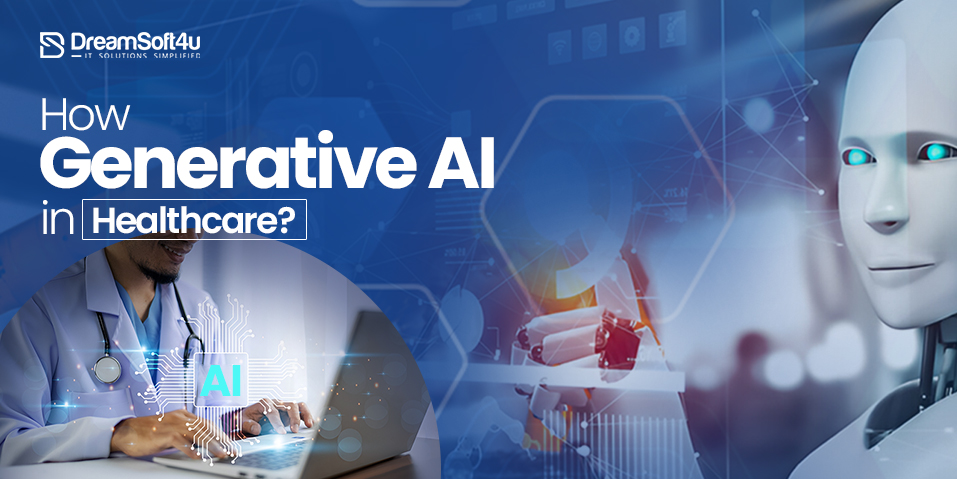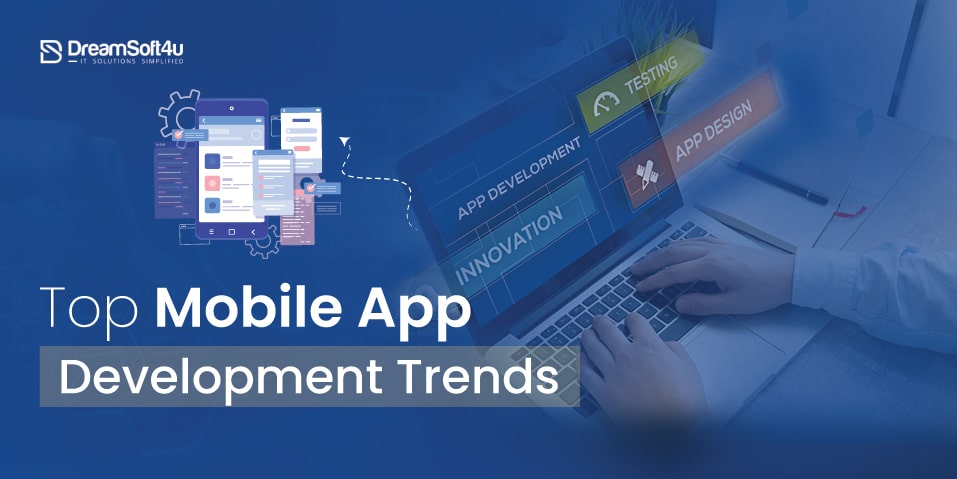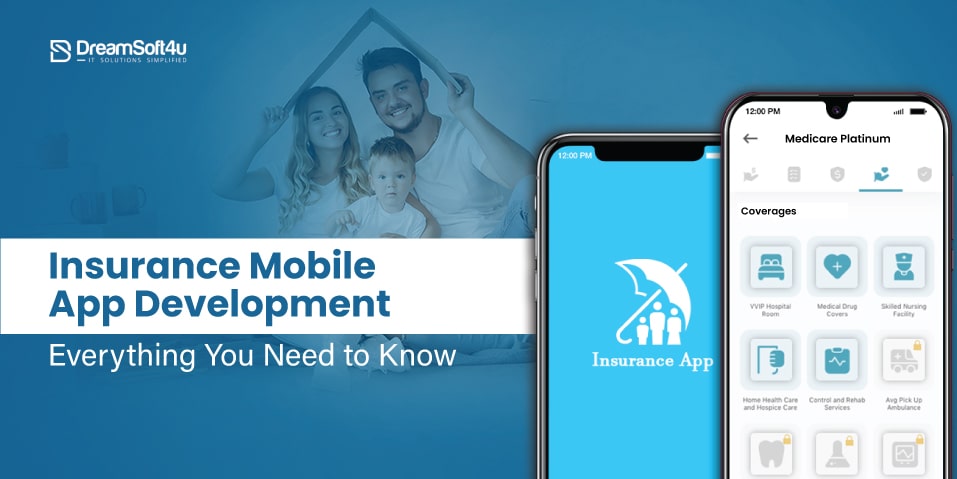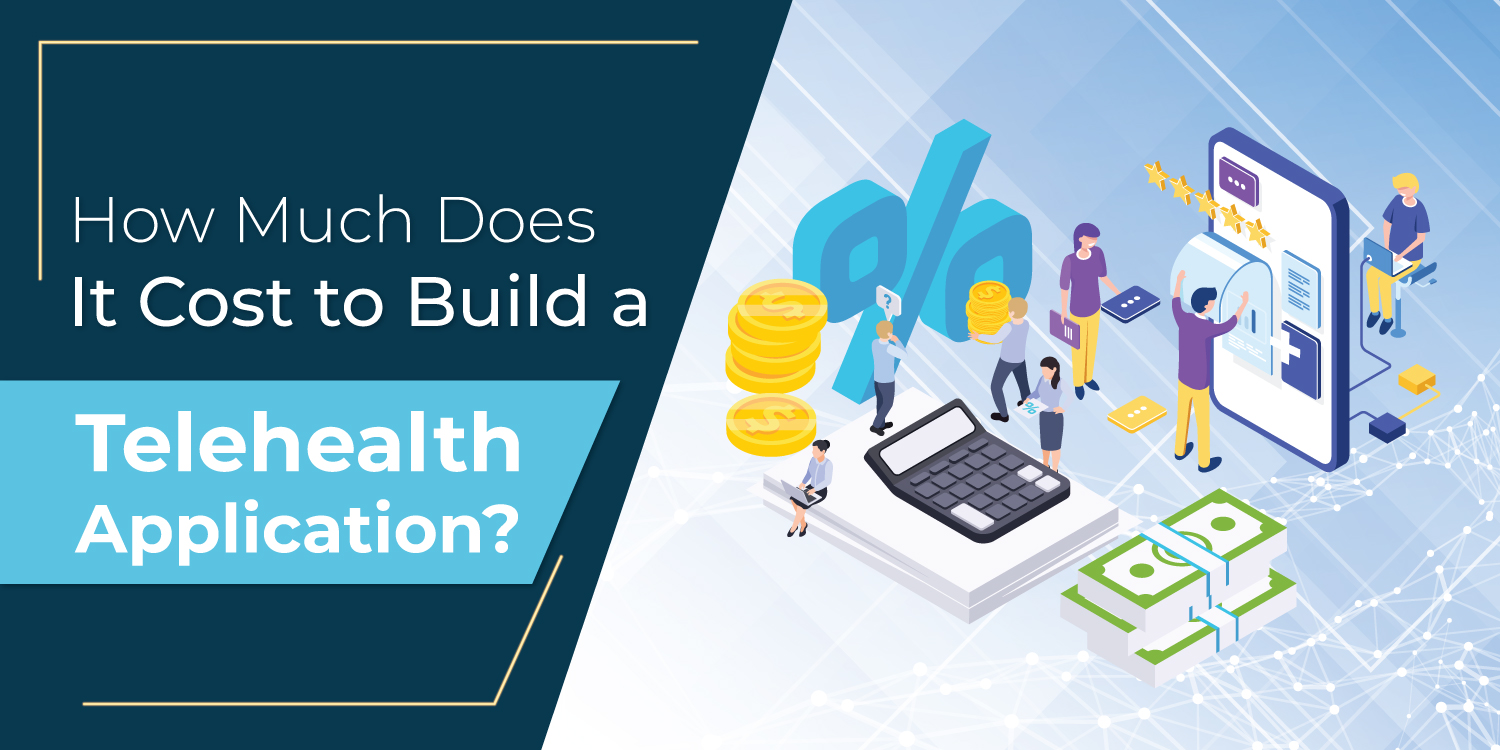Artificial intelligence plays a significant role in healthcare app. It has enabled accurate diagnoses, personalized treatments, and enhanced patient care.
Did you know? The market of AI in global healthcare is expected to reach $187.7 billion by 2030. It clearly shows that AI adoption in healthcare has improved potential.
With the ever-growing demand for healthcare services. Many organizations utilize AI for their app development.
In this blog, we will understand the role of Artificial Intelligence in healthcare, its benefits, and how AI is used in healthcare apps.
Table of Contents
ToggleWhat is the Role of AI in Healthcare?
AI is used to analyze large amounts of medical data. Such as medical images, research studies, and patient records. So that healthcare organizations can use AI to find patterns and insights from the data. This helps diagnose, treat, and prevent diseases with greater accuracy. It supports healthcare professionals in providing better treatments while cutting costs. Additionally, machine learning ensures the AI model stays effective by regularly evaluating and improving its performance.
Types of AI Technologies in Healthcare App Development
Here are some main types of AI technologies used in healthcare:
1. Machine Learning and Deep Learning
ML is all about learning from data and improving outcomes. In comparison, Deep learning is a more advanced system. It uses neural networks to analyze data and provide more accurate outcomes. These technologies are used in healthcare tasks. Such as predicting health outcomes and suggesting the best treatments to patients.
2. Natural Language Processing
NLP helps computers understand human language, whether it is spoken or written. Healthcare innovation apps use NLP to organize data from medical reports, notes, and research papers. It is also behind chatbots and voice assistants, which help patients get quick answers to their questions.
3. Robotic Process Automation
RPA is a digital assistant to handle repetitive tasks in healthcare. It automates billing, updating patient records, or managing appointment approvals. It saves time and lets staff focus on more important work.
4. Speech Recognition
This technology turns spoken words into text. So doctors and nurses do not have to type everything out. It reduces errors and saves time. And letting healthcare professionals focus more on their patients.
5. Predictive Analytics
This technology combines AI and machine learning. Which is used to analyze data and predict future outcomes. It helps doctors and healthcare providers identify the best treatment plans based on symptoms and patterns.
6. Rule-based Expert Systems
These systems use “if-then” rules to assist in clinical decision-making. While helpful in the past, they are slower and less flexible than modern machine learning algorithms, which have largely replaced them.
Read Also: How to Choose the Right AI Development Company for Your Healthcare Business?
How is AI Used in Healthcare Applications?
Medical Imaging Analysis
AI in healthcare is used for medical imaging analysis. It analyzes medical images like X-rays, MRIs, and CT scans. So it detects early-stage diseases like cancer. Because I can analyze medical images faster and more accurately than traditional methods, radiologists can focus on critical cases, improving diagnosis and treatment outcomes.
Personalized Treatment
AI Transformation is known for improving patient health outcomes because of its personalized treatment. It analyzes each patient’s data, such as genetics and medical history. Based on the data, it provides customized treatment, which can enhance treatment success and minimize side effects.
Virtual Health Assistants
AI-powered assistants like chatbots are now used on almost all healthcare websites. These chatbots provide instant health advice, symptom tracking, and medication reminders to patients and engage with them. They enhance patient engagement and make healthcare support more accessible and convenient.
Predictive Analytics
AI uses patient data to predict health risks and outcomes, which enables early intervention for conditions like diabetes or heart disease. It also helps hospitals manage resources efficiently. By forecasting patient needs.
Drug Discovery
AI played a huge role in the latest drug discovery by analyzing biological data to identify new treatments faster. This reduces the time and cost of bringing medicines to market, especially for rare diseases or urgent health crises.
Radiation Therapy
As radiation therapy is a critical cancer treatment, AI makes it safer and more effective. It analyzes patient data, including medical history and imaging results. It helps oncologists determine optimal radiation doses and target only the affected tissues while protecting healthy cells. This precision reduces side effects and enhances treatment outcomes.
Benefits Of AI In Medical App Development
Here are some reasons to use AI in Healthcare App Development:
Enhanced Diagnostics and Decision Making
With the help of AI, healthcare professionals can now analyze patients’ data, such as test results, medical scans, and patient histories. It provides various insights and patterns, which help doctors make accurate diagnoses and informed decisions.
Personalized Treatment Plans
Instead of following common treatment for all patients. AI helps doctors create personalized treatment for each patient by analyzing the patient’s genetics, lifestyle, and health history. It leads to more effective results and fewer side effects.
Improved Patient Outcomes
When diagnoses are accurate and treatments are tailored, patients recover faster and better. So, the chances of complications are lower, and a fast recovery is possible.
Efficient Resource Allocation
Hospitals and clinics have limited resources Such as beds, equipment, and staff. This is where AI helps hospitals manage these resources wisely. It ensures they are available for those who need them the most.
Remote Patient Monitoring
Remote monitoring AI tools let doctors keep track of patient health from a distance; health tracking devices can collect and share vital signs with doctors in real-time.
Early Disease Detection
AI can now detect diseases even before patients notice symptoms. Early detection means treatment can start sooner, which improves the chances of recovery and prevents the condition from worsening.
Automate Routine Tasks
There are several repetitive tasks in healthcare, such as scheduling appointments, sending reminders, or managing patient records. All these repetitive operations can be automated with the help of AI to save time and resources efficiently. So that healthcare professionals can focus on other important operations.
Key Challenges to Building a Reliable AI Healthcare App
Here are some key challenges:
- Data Privacy and Security: Protecting patient information is a top priority. The app needs strong security to protect sensitive data.
- Regulatory Compliance: Healthcare apps must follow strict laws like HIPAA and GDPR. These rules ensure that data is handled properly.
- Ethical Considerations: AI should make fair and transparent decisions without bias. And should always prioritize patient safety.
- Integration with Existing Healthcare Systems: Many hospitals already have established systems. The AI app needs to fit seamlessly into these systems.
- Accuracy and Reliability of AI Models: The AI should be accurate and reliable in its decisions. If it makes mistakes or provides wrong recommendations, it can harm patients. That is why it is important to train and test AI models thoroughly.
Real-world Examples of AI Applications in Healthcare
- Robotic Surgery: It is improving the precision of surgeries. For example, the da Vinci Surgical System allows surgeons to perform minimally invasive surgeries more accurately.
- Predictive Analytics: AI can predict potential health issues early. Platforms like EarlySense monitor vital signs and detect early warning signs of patient decline.
- Personalized Medicine: AI helps doctors provide tailored treatments. IBM Watson for Oncology analyzes medical data to offer customized treatment options to patients.
- Virtual Health Assistants: AI chatbots like Buoy Health engage with patients. It collects symptom information and provides recommendations.
The Future of AI In Medical Apps
Overall, the future of AI in healthcare apps is promising. It helps detect disease, create personalized treatments, and improve healthcare operations. As AI advances, medical apps increasingly leverage AI technologies, which are used to provide more precise diagnostics and better patient outcomes. Soon, it will be seamlessly integrated into everyday healthcare services.
Are you looking for a custom healthcare app development solution?
We have a team of experts who can deliver tailored solutions
Conclusion
AI is significantly changing the healthcare sector. AI has become essential to making healthcare apps more accurate, accessible, and efficient. The future of AI in healthcare apps holds immense promise. It offers better disease detection, optimized resource allocation, and personalized care. We hope this guide helps you understand the role of Artificial Intelligence in healthcare, how it is streamlining healthcare app development, and its future scope. Now, it is your turn to find reliable AI Development Companies and build an AI healthcare app for your organization.
Looking for a reliable AI Software Development company? Meet DreamSoft4U, with 20+ years of industry experience delivering tailored healthcare app solutions for businesses cost-effectively. Contact us today!
FAQs
Q1. How does AI improve medical imaging analysis?
AI analyzes medical images like X rays, MRIs faster and more accurately. Which is impossible with human naked eyes. It helps doctors detect conditions such as cancer at earlier stages.
Q2. Can AI improve the efficiency of healthcare operations?
AI can automate routine tasks and improve decision making. Which makes healthcare operations more efficient and cost effective.
Q3. What is the future of AI in healthcare apps?
AI analyzes patient data like genetics and medical history. Which helps to create customized treatment plans.
Q4. What role does AI play in creating personalized treatment plans for patients?
As AI evolves, it will seamlessly integrate into everyday healthcare practices. Which leads to better patient outcomes.
Q5. How can predictive analytics benefit healthcare professionals?
Predictive analytics helps doctors predict potential health risks. It allows for early interventions and more informed decisions.



















